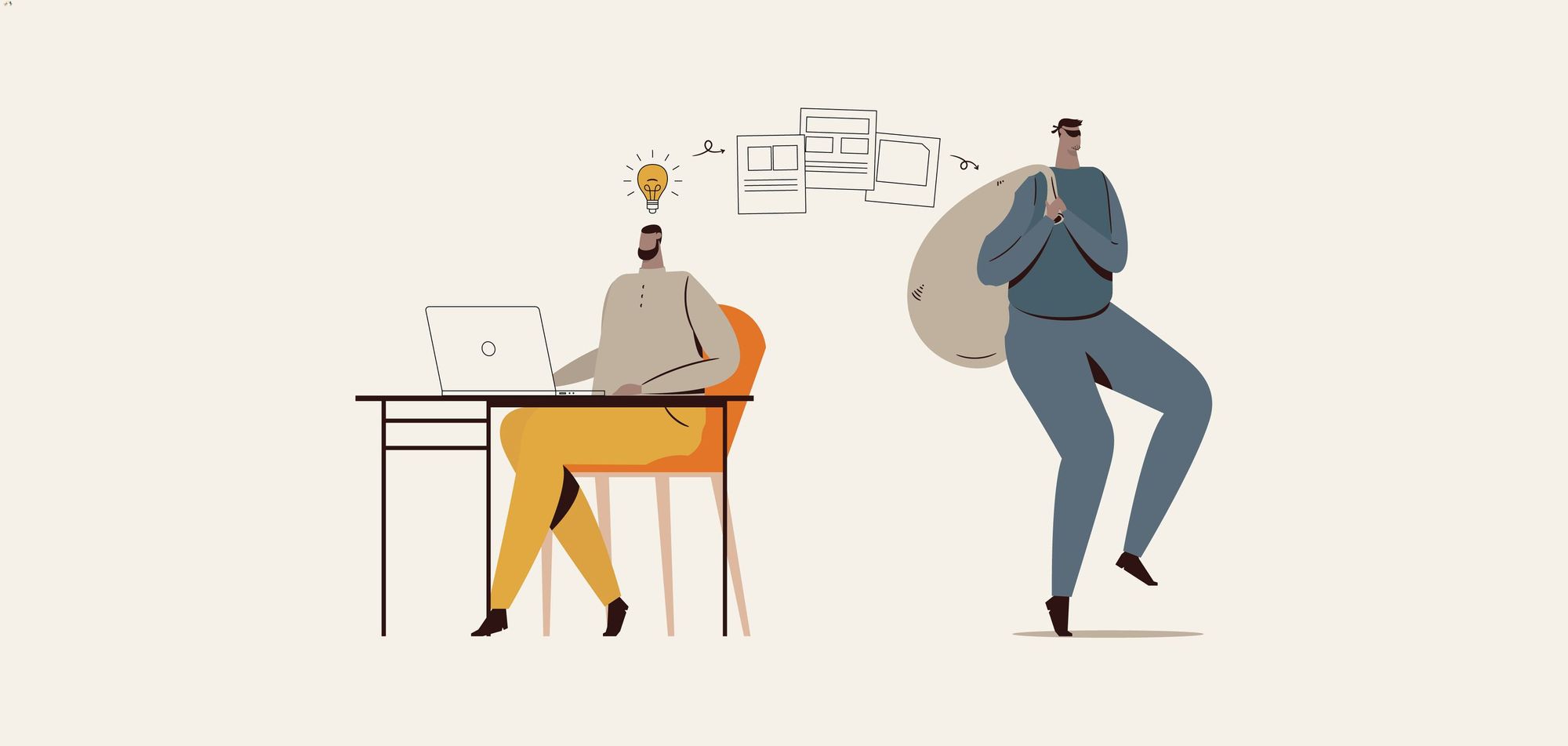Regardless of what you are writing or why you write, plagiarism is definitely something you need to know all about and how to avoid.
What is Plagiarism?
The Merriam-Webster dictionary defines plagiarism as: "to steal and pass off (the ideas or words of another) as one's own; use (another's production) without crediting the source."
They also provide an alternate definition of: "to commit literary theft; present as new and original an idea or product derived from an existing source".
Plagiarism is stealing, plain and simple. When you copy any portion of someone else's written content without crediting them, you are guilty of plagiarism. Because there are severe consequences for copying someone else's work, you must know how to avoid plagiarism, so you won't get into any trouble.
Why Should You Avoid Plagiarism?
As a professional writer or even someone attending college, it is essential to know the dangers of plagiarism and why it's wrong, and what can happen if you make this costly mistake.

In the academic world, a teacher may fail you, or a principal can expel you for plagiarism. In the professional world, you may face way worse consequences like losing your job, having your reputation ruined, being arrested, or even being sued by the person from whom you stole.
At the very least, you may have to pay fines or fees for the theft. The issue is also an ethical one. You do not want to be known as someone who passes off work that is not your own.
The Best Tips to Avoid Plagiarism
The good news is avoiding plagiarism is not that difficult. There are multiple ways to avoid plagiarism, and some of the most useful are:
- Always properly cite your sources. Use quotation marks around the copied text and link it to the full article, so the reader knows you copied and pasted the expert to make a point, not to steal their work. During the research, keep a list of your cited sources and the links you will need later.
- Research a topic and use your own thoughts and opinions rather than regurgitate someone else's ideas. Give yourself plenty of time to research and write; don't wait until the last minute because you might be tempted to copy someone else's work.
- Use a plagiarism checker like Unicheck to ensure that your work is original, error-free, and does not make you guilty of plagiarism. Tools like these make it easy to quickly check your work against the volume of stored articles to make sure you haven't overstepped the line into plagiarism accidentally.

Apps like Unicheck are easy to use and inexpensive. If you write a lot, it makes sense to cover yourself, so you never have to worry about whether you cited a source correctly or accidentally copied something you meant to rewrite.
4. Don’t just paraphrase something written by others, but better try to explain the idea with your own words. Use different resources online to get more data on a particular topic to show the concept, and write something unique yet still keep the key idea or facts intact.
As Bill Gates is best known for saying, "content is king". We live in a modern world where online articles, blogs, and news publications base their livelihood on the written word, and in this digital landscape, there is no room or time for plagiarism. Always check your work and never copy what is not yours.

